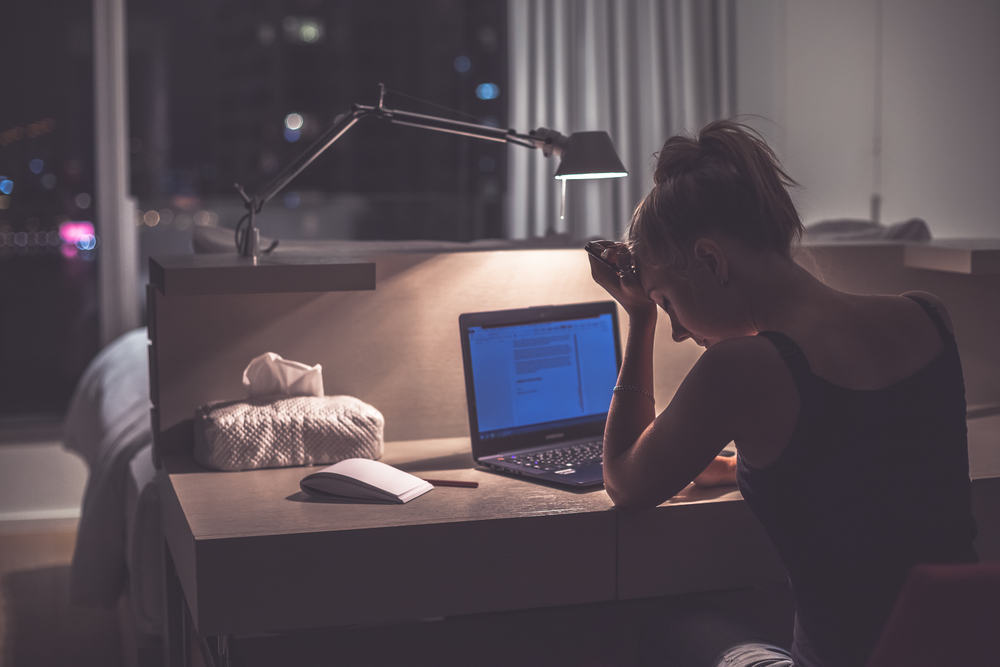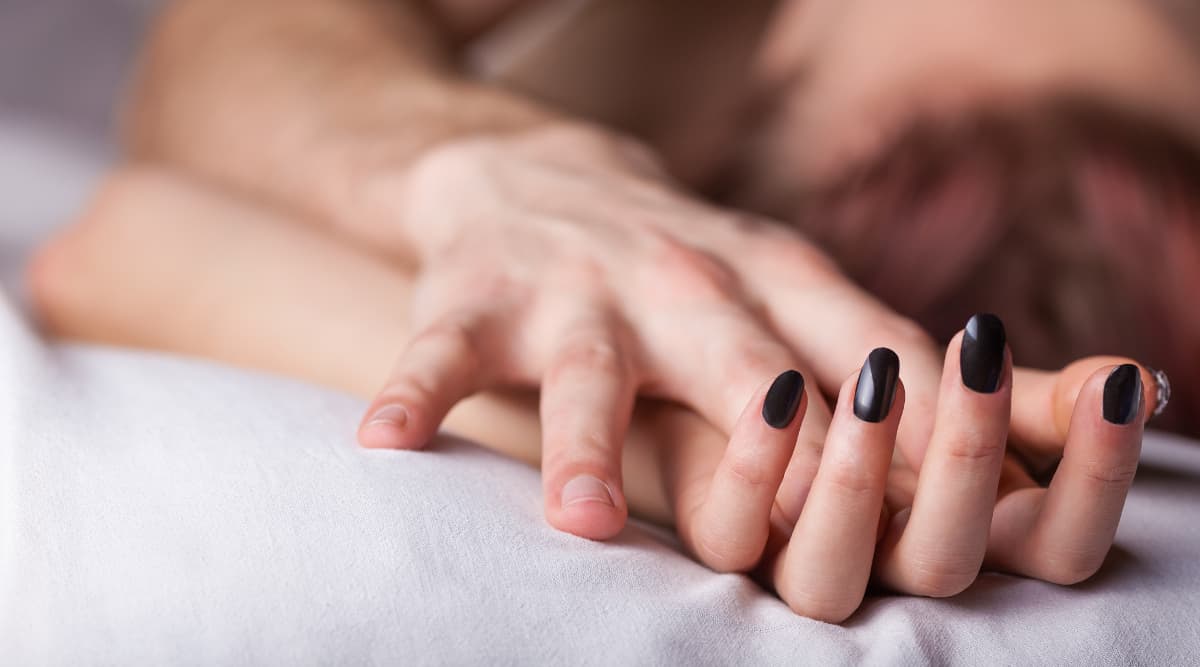Contents:
Medical Video: What If You Stopped Sleeping for a Week?
Normally, enough sleep recommendations range from 7-8 hours every night. Are you curious about what happens in your body as long as you stay up all night for the presentation of an office project, or speeding up for a thesis deadline?
Staying up late has serious consequences for your health, both physically and psychologically - and although the symptoms will worsen as you stay up late, the health problems caused by lack of sleep can begin to appear from the first time you stay up.
When staying up 24 hours
There are many studies conducted to test the cognitive effects of the brain due to staying up for less than 48 hours. The biggest effect that can occur on your body after a night of staying up (or even more) is your ability to focus and concentrate decreases dramatically, according to the findings of a 2010 study in the Psychology Bulletin. The researcher conducted 147 different cognitive tests on participants who had stayed up late about 24-48 hours before. They found that "simple vigilance", aka your ability to focus on one stimuli at a time (someone who talks, for example, or a song played), from the participants dropped sharply.
Another study also found the effect of staying up on the brain's ability to focus as well as having blood alcohol content of 0.10 percent.
At this point, your brain is still able to function to remember quite well. Similarly, your brain works to focus on more complex things, such as sorting objects in a regular system or rearranging lists of names. However, your eye-and-hand coordination will start to deteriorate, and some difficult mental processes also start to get overwhelmed. According to a 2011 study, staying up for 24 hours will make you less effective in making certain decisions.
Your brain will also be more difficult to filter out any relevant information from the stack of information you receive. The study published in the Journal of Neuroscience found that, after staying up all night, an individual would be far less able to filter out irrelevant stimuli, causing confusion from the absorption of so much new information.
In addition, your body will also react slowly. A study focusing on campus athletes found that participants who had stayed up all night were still able to show fairly good athletic abilities, but their reaction time distance was quite bad.
After staying up 36 - 48 hours
Your cognitive abilities will drop sharply, you may not be able to remember faces well, and your ability to remember words or phrases will decrease significantly. One study found that things such as suppressing inappropriate responses, making verbs from nouns, and using visual memory - all complex cognitive skills - would basically be completely damaged after 36 hours of non-stop staying up in young adults .
Your current immune system will be much different compared to people who sleep enough. The NK white blood cell level, the most important part of the body's immune response system, will drop significantly in people who stay up for 48 hours continuously. But don't worry, these white blood cell levels will return to normal once you get your sleep back.
A study conducted on healthy young adults who stayed up for 48 hours showed very high nitrogen levels in their urine samples. That is, their bodies are dealing with tremendous stress. This shows that the immune system does not work effectively in responding to infection or recovering from an illness.
Your action-reaction process at this point will be really disturbed. A group of researchers from Columbia University examined cognitive damage from research subjects who stayed up for 48 hours, and found their ability to react quickly was very damaged. The impact of slow body reactions is to interfere with your ability to protect yourself from danger.
After 72 hours staying up ...
Even everyday conversations become a very difficult task for you.
Your life motivation will also decline, and it is not impossible for you to experience strange experiences, such as illusions of vision or hallucinations, but not until the stage of psychosis.
One thing is certain, you will experience microsleep. This condition occurs when the brain suddenly 'falls asleep' in a short time, usually only a few seconds, then jerks up again. Of course this will endanger your safety, as well as others around you, especially if it happens when you are driving or operating a large engine.
READ ALSO:
- Delaying getting up early, there are benefits, you know
- However, don't sleep too long!
- What is the difference between ordinary panic and anxiety attacks?












